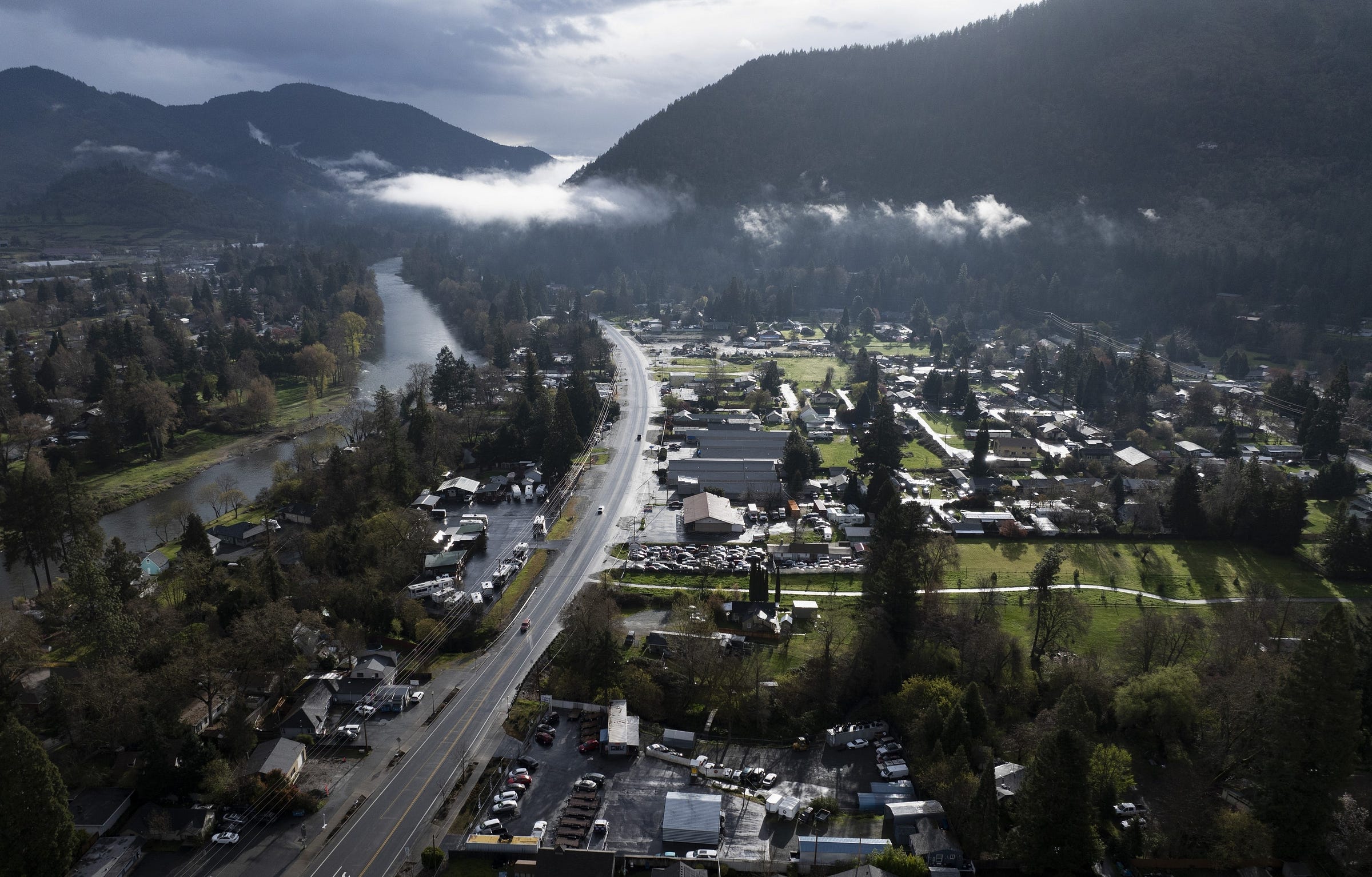No Rest for the Weary
If you’re wanting to take in the beauty of the Pacific Northwest, you could find yourself driving on I-5 to see the old-growth forests in southwestern Oregon. Looking to stop for the night, you might park your RV or reserve a hotel room in the City of Grants Pass.
The sleep you enjoy there is likely to be more restful than what’s available to some others who call it their home. That’s because hundreds of unhoused residents there struggle to find shelter. Their search was made harder when the city passed an ordinance banning camping in public places, which was aimed at preventing people from sleeping in parks and on sidewalks.
“The point is to make it uncomfortable enough for them in our city so they will want to move on down the road,” explained Lily Morgan, who served on the Grants Pass City Council when the statute was enacted.
Those violating the ordinance can be fined hundreds of dollars and have their possessions taken from them by law enforcement. Such punitive measures only exacerbate the challenges faced by city residents who take refuge in public spaces because shelter access and other resources in the area are limited.
“I don’t have no money, I don’t have an income right now,” Amber Rockwell, who has racked up thousands of dollars in fines, told Reuters. “It’s like milking a turnip.”
Critics of the measure argued not just that the policy was inhumane but that it was unconstitutional because it violated 8th Amendment prohibitions on “cruel and unusual punishments.”
“I’d never really seen anything quite like this,” Ed Johnson of the Oregon Law Center said about the passage and implementation of the ordinance. “The unique thing about Grants Pass was the concerted effort to find people and threaten and punish them. They would send out patrols to look for people, so it wasn’t complaint driven. They were hunting for people, and when they found them, they would tell them, ‘You’re not allowed to be here.’ It’s the very definition of cruel and unusual. It’s cruel for obvious reasons, and it’s unusual because most places don’t do it like that.”
Spoiler alert: Johnson’s argument didn’t carry the day with the U.S. Supreme Court. This edition of A Public Witness looks at how our legal system has made it easier for municipalities and other governments to criminalize homelessness and explores how some religious leaders and faith communities are responding. So put down the NyQuil and prepare to be both outraged and inspired.





